Browse through our library of informative resources to stay informed and inspired


Singapore has long been considered a safe haven for investors and a magnet for high-net-worth individuals because of its robust financial system and strong economic growth. The Singaporean stock market has seen steady growth over the years, with many investors looking to the city-state as a great place to invest their money. But how safe are Singaporean shares?
The first thing to consider is the overall strength of Singapore’s economy. With low unemployment rates, a diversified economy, and strong GDP growth, Singapore is one of Asia’s most economically stable countries with one of the best living standards. These factors make it an attractive destination for investors looking to safeguard their money while still earning investment returns.
In this article, we explore essential factors for millionaires to consider when investing in Singaporean shares.
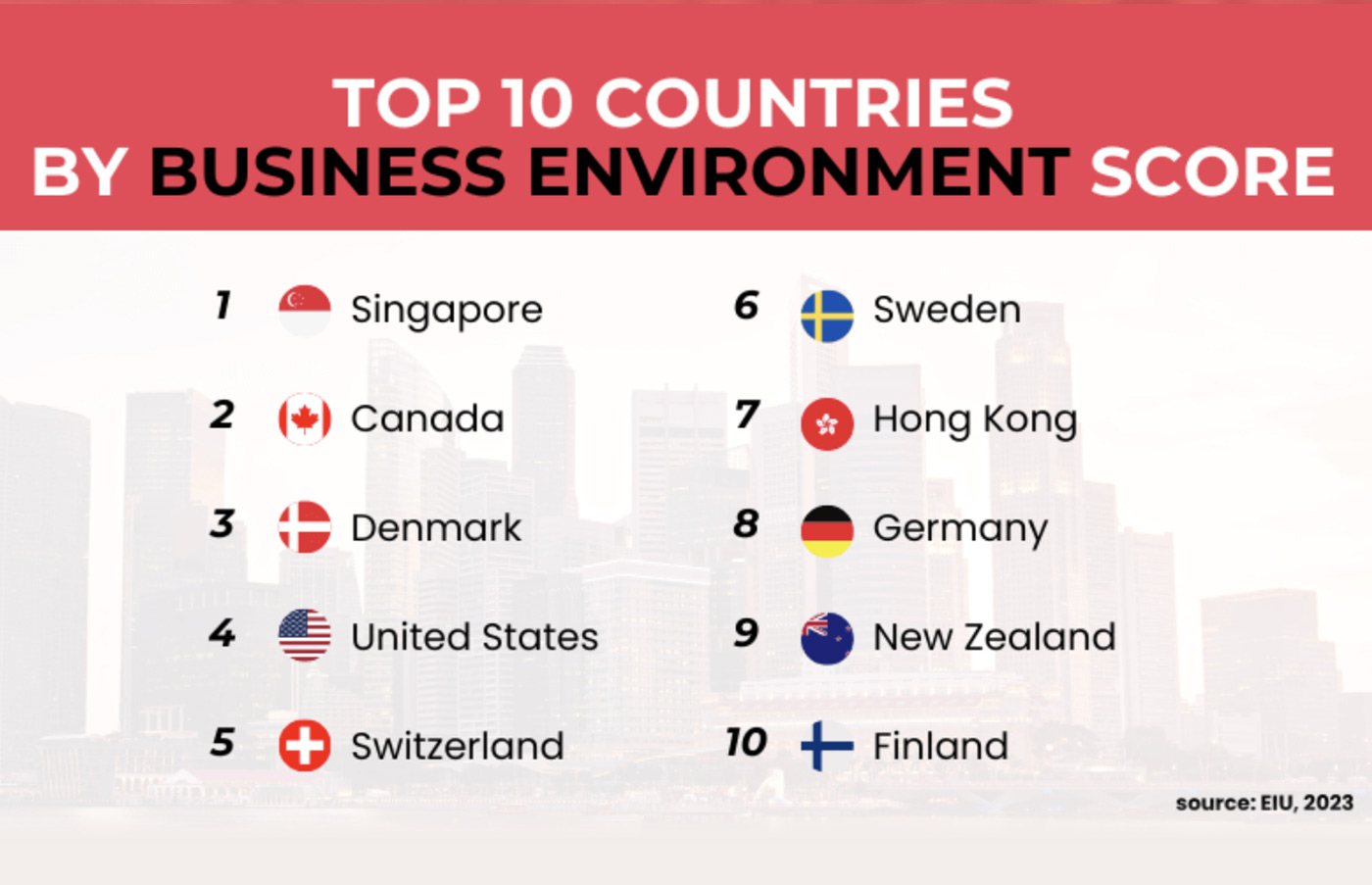
Singapore began its journey as an independent city-state only a few decades ago but has since established itself as a financial hub in Asia.
Its well-regulated and stable economic development has become the world’s best place for business, according to the latest business environment rankings by the Economic Intelligence Unit (EIU) for the second quarter of 2023.
Similarly, the GDP per capita of Singapore is $82,807 in 2022. With a growth of around 2% every fiscal year.
This vibrant economic development makes the city-state attractive for accumulating and preserving wealth. A growing proportion of foreign millionaires is observed to be coming into the country.
Singapore’s enduring political stability is a cornerstone of its success story. Since gaining independence in 1965, the People’s Action Party (PAP) has steadfastly led the nation, fostering a political position characterized by unity and minimal dissent. This stability serves as a magnet for foreign investment, bestowing numerous benefits upon investors:
Singapore’s commitment to maintaining law and order and fostering a corruption-free atmosphere bolsters investor trust, reinforcing the city-state’s status as a global investment hub.
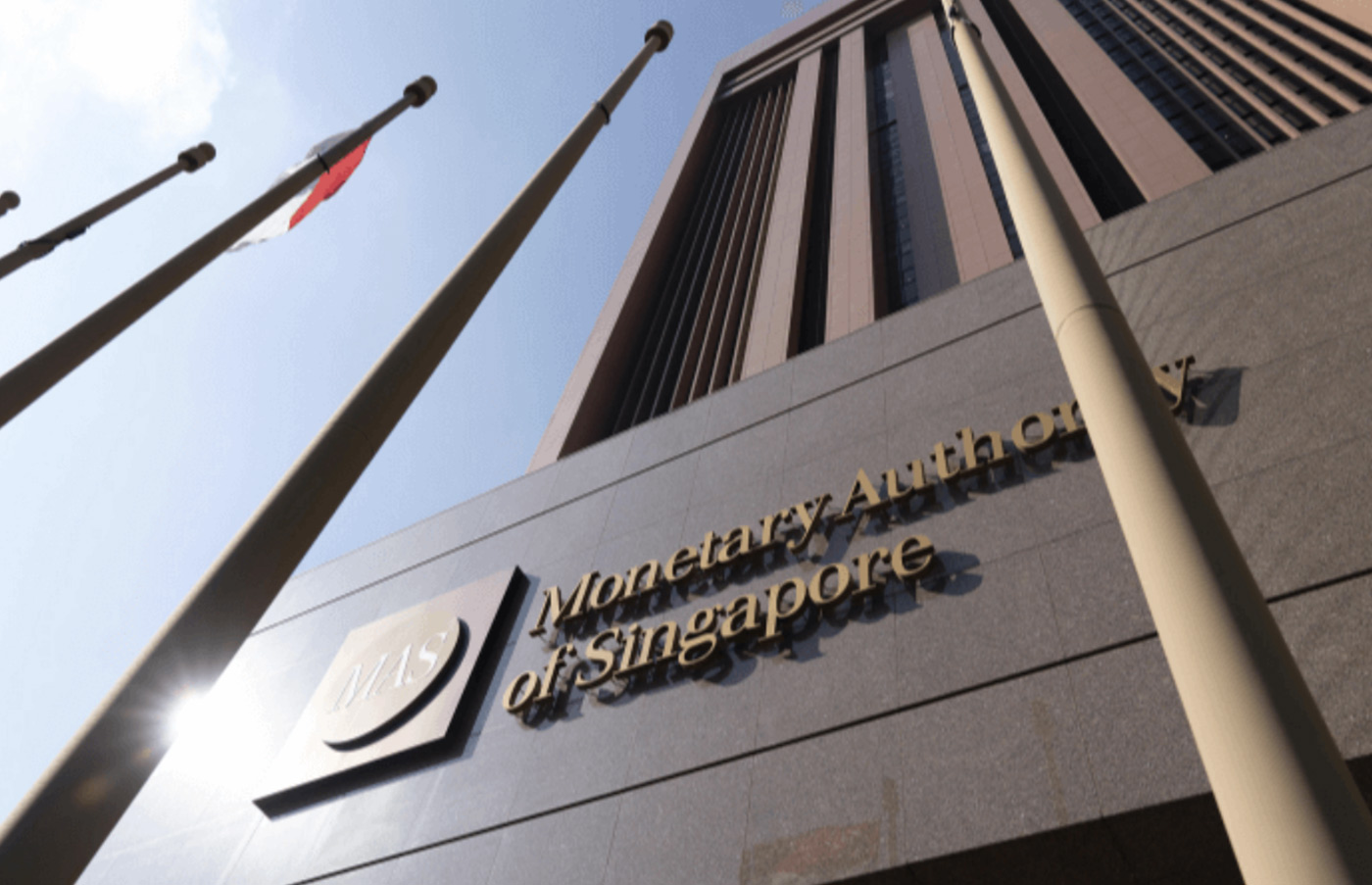
The Lion City has a financial sector that stands as a bastion of security, bolstering the appeal of investing in its shares. This confidence arises from the city-state’s exceptional regulatory framework rigorously upheld by the Monetary Authority of Singapore (MAS).
The Strength of Regulation: Singapore’s financial regulatory system, spearheaded by MAS, sets global standards for transparency and fairness. This robust oversight instils trust in the reliability of Singaporean shares to preserve and augment wealth.
The Guardian of Trust: MAS plays a pivotal role in maintaining the integrity of the country’s financial markets. Beyond regulation, it issues comprehensive guidelines and vigilantly enforces compliance with international standards.
Deterrence against Wrongdoing: The MAS wields significant powers through regulations like the Securities and Futures Act, allowing it to levy penalties on errant companies. This deterrent factor is paramount in upholding investor confidence.
Investor Safeguards: Stringent protective measures are in place to shield investors from fraudulent practices. Routine financial institution inspections, timely warnings, and swift legal action against violators form a robust shield for investors.
Singapore’s financial sector is fortified by unwavering regulation, making it a sanctuary for those seeking secure and trustworthy investment opportunities.
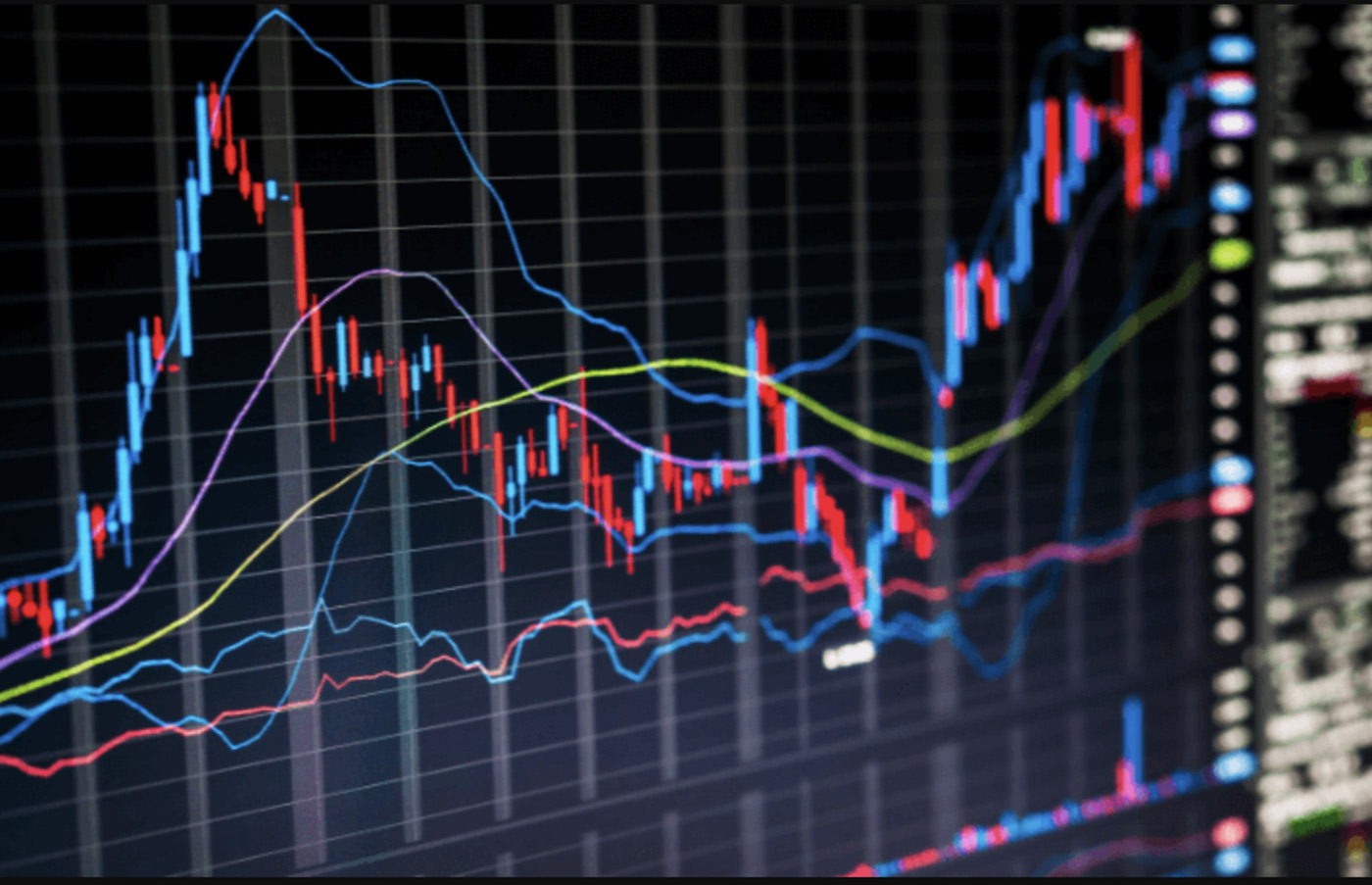
For millionaires considering investing in Singaporean shares, the performance track record of these shares is an essential consideration.
Historically, Singaporean shares have offered steady returns, particularly those from well-established companies.
The STI (Singapore Index Fund) has generated 9% annualised returns amidst a decade of global challenges. This is compounded by MAS’s float regime policy, which has kept a near-constant exchange rate between the Singaporean and US dollar.
Moreover, Singapore’s strategic location as a gateway to Asia provides access to the region’s emerging markets, offering potential growth investment opportunities.
While the adult population in Singapore enjoys a high level of financial literacy, opinions expressed in the financial world emphasise the importance of diversification and risk management.
As with any investment, shares carry a certain degree of risk. Diversifying your portfolio to include various asset classes can mitigate these risks.
Moreover, engaging a professional financial advisor could help tailor an investment strategy that aligns with your risk tolerance and financial goals.
The diversity of Singapore’s economic sectors provides investors with a wide range of choices. Let’s delve into some of the most popular sectors and shares among investors in the Lion City.
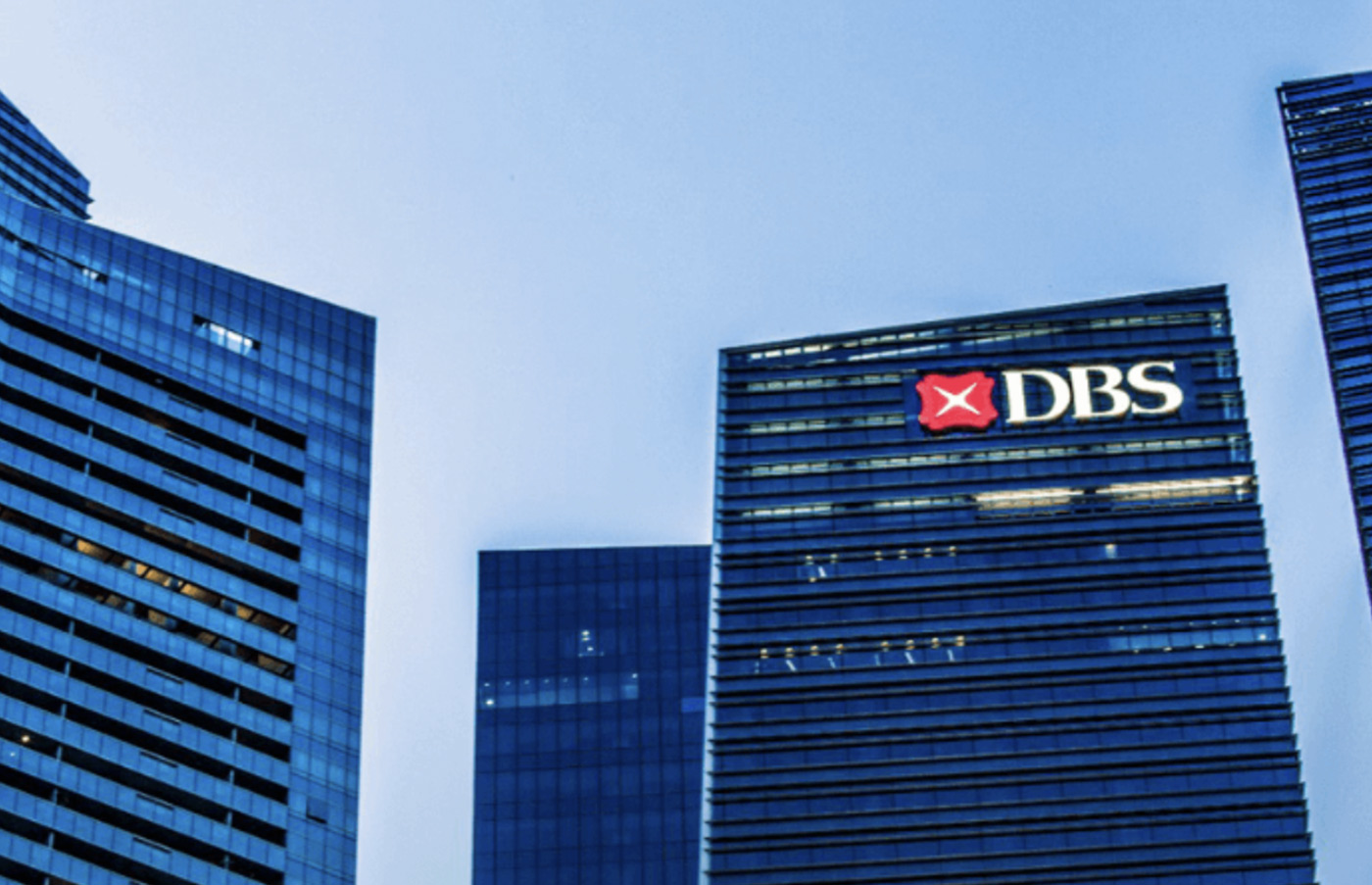
As a financial hub, the banking sector in Singapore is a favoured investment option. Banks such as DBS, UOB, and OCBC have consistently yielded attractive shareholder returns and dividends. DBS bank is notably recognised as one of the largest banks in Southeast Asia and clinched the global best bank award for the consecutive year.
These banks have demonstrated resilience amidst global economic uncertainties and capitalised on opportunities in Asia.
Singapore’s Real Estate Investment Trusts (REITs) sector has been a hotspot for investors due to its steady and high dividend yield.
Some popular REITs include CapitaLand Mall Trust and Ascendas REIT. By investing in these REITs, investors gain exposure to a range of real estate assets, including shopping malls, industrial properties, and offices.
With Singapore’s push towards being a Smart Nation, technology companies hold great promise. Companies such as Sea Limited, a leading global consumer internet company, have grown significantly in recent years and are expected to grow in the coming years.
An integral aspect of investing in shares is the expectation of dividends, a share of the company’s profits distributed to shareholders. The dividend yield is crucial for many investors, particularly those seeking a steady income stream.
In Singapore, many companies have a consistent track record of stable dividend payouts, making them attractive for income-focused investors. For instance, the banks mentioned above, and REITs are well-known for their regular and high dividend payouts.
DBS bank has an annual dividend yield of 5.48% as of 2022, with payouts occurring every quarter. MapleTree Industrial Trust has also seen an annual dividend yield of 5.76% in 2022.
However, investors should also remember that while a high dividend yield is attractive, it’s equally important to consider the company’s overall financial health and growth prospects. Companies that reinvest their profits for growth may offer lower dividends now but deliver higher capital gains in the long run.
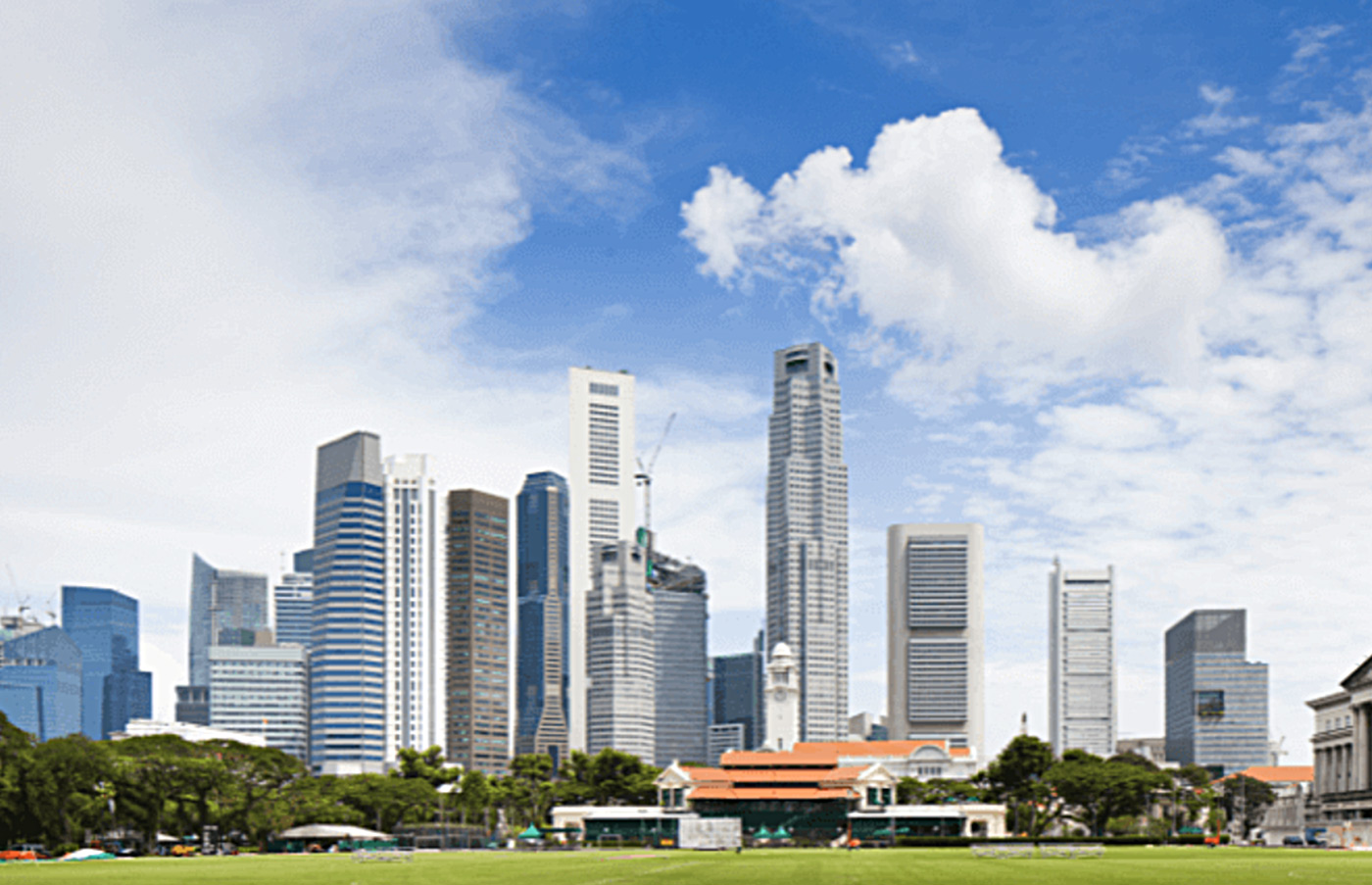
Investing in Singaporean shares opens a world of opportunities across various sectors. As a global business hub, Singapore offers a robust economic environment for businesses to thrive, benefiting shareholders.
Whether it’s the steady dividends from banks and REITs or the growth prospects of tech companies, the city-state provides a wealth of options for millionaires to expand their investment portfolio. A prudent approach, combined with thorough research and possibly professional advice, is critical to successful investing.
According to Knight Frank’s report, you need USD 3.5 million in the top 1% in Asia.
The median is a more accurate measure of the average person’s wealth, representing the middle point where half of the population falls below, and the other half falls above.
The median net worth per adult in Singapore in 2023 is S$125,729, which has grown massively yearly.
According to a report by New World Wealth and Henley & Partners, it is estimated that there will be 240,100 millionaires in Singapore in 2023.
In addition to mainland China and Hong Kong, Singapore attracts affluent new citizens from India, Indonesia, Malaysia, Vietnam, the Philippines, and the UK.
The growing number of millionaires in Singapore is a positive sign for the economy. It reflects the country’s strong economic fundamentals and attractiveness to businesses and wealthy individuals.
Please share with us some details about your needs, we will get back to you.